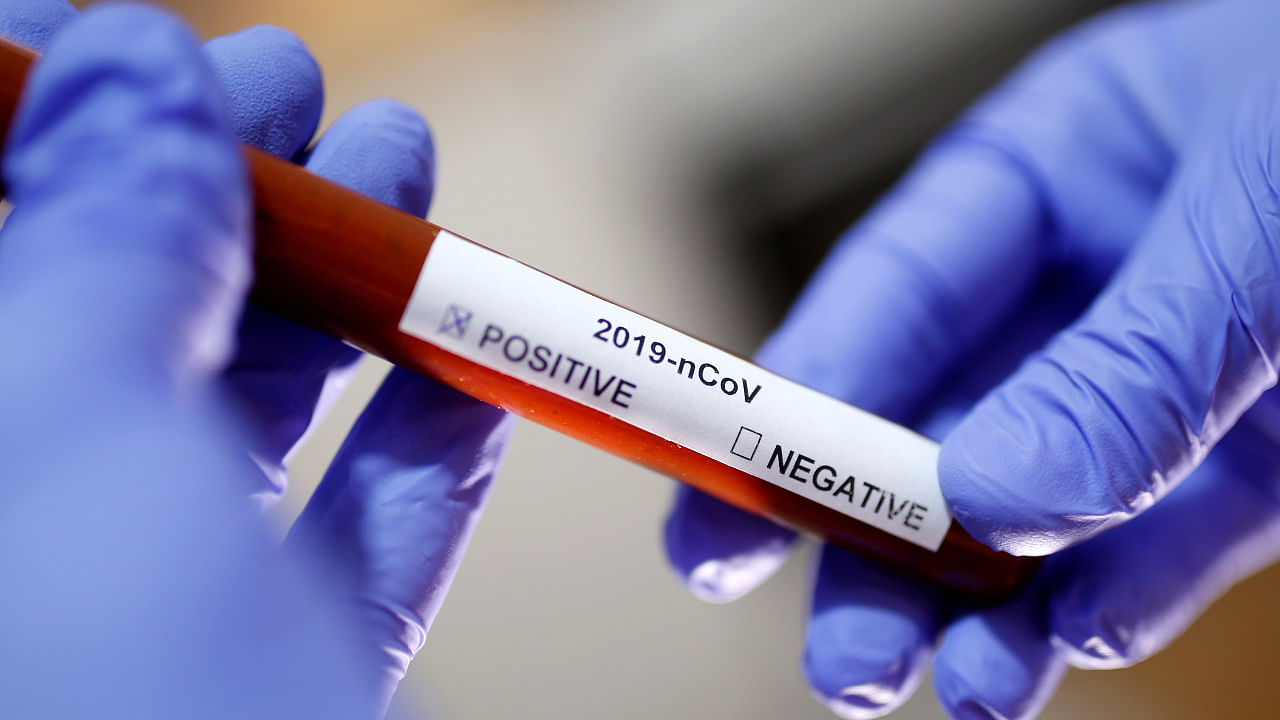
An extensive genome surveillance programme is needed now to assess the spread of mutated strain detected in UK returnees and emergence of other coronavirus variants in India, said Dr Rakesh Mishra, Director, CSIR-Centre for Cellular and Molecular Biology (CCMB).
On Tuesday, the central government has confirmed the presence of the mutated strain in India, after tracing and testing of about 33,000 passengers who flew in to India from the European nation since last month.
CCMB is one of the ten research institutes across the country involved in the confirmation of the new variant. The Hyderabad based lab has till now detected three UK strain infected cases - one from AP and two from Telangana.
The new variant of coronavirus SARS-CoV-2 - that causes Covid-19 B.1.1.7 is believed to be 71% more transmittable than other variants. First reported in the UK in September 2020, this variant makes up for 60% of all the Covid-19 infections there.
To stem its spread, many countries including India have temporarily suspended flights from UK.
“Surveillance at airports is not enough. Now that the virus is detected to have made way into our country, we need to ramp up our daily Covid-19 testing to higher numbers. And at least two per cent of all the positive cases detected from now on in the country should undergo genome sequencing to get the full picture,” Dr Mishra told DH.
As of now, not even 0.05% of the positive samples are subjected to genome sequencing, which is 10 fold less than the WHO recommendations. “For next six or so months, we have to be very watchful on the emergence of more variant strains as India at present has the second largest population infected by the Covid-19 virus," Dr Mishra said.
Strain's divergence detected in UK
The variant shows 17 mutations in its genetic material.
Of these, eight affect its spike protein, which expresses on its outer surface, and binds to the ACE receptors in the human cells.
One of the mutations is believed to enhance the binding between the virus and receptors, thus making the entry into the host cells easier.
Also Read: Indian scientists quell concerns on new Covid-19 variant, say staying cautious sufficient
The favorable aspect is that the mutations have not worsened the existing symptoms or disease outcomes and are not an impediment to the vaccine development, CCMB experts say.
The testing protocol for the new strain also remains the same. “The only problem is that the new variant spreads more easily than the others.”
“(As the situation needed), we have expedited the viral genome sequencing efforts, to check for the new variant presence. We have employed the traditional Sanger sequencing method as well as the modern Next-Gen Sequencing tools for the purpose”, said Dr Divya Tej Sowpati, leading the Coronavirus genome sequencing work at CCMB.
Dr Mishra said that the measures to avoid infection still remain the same. “Using masks in presence of others, avoiding crowded places, maintaining physical distance are the most effective, feasible ways for preventing Covid-19 virus, including the new variant,” he added.